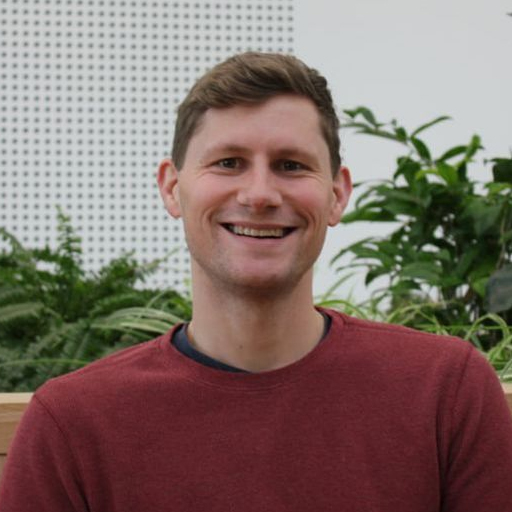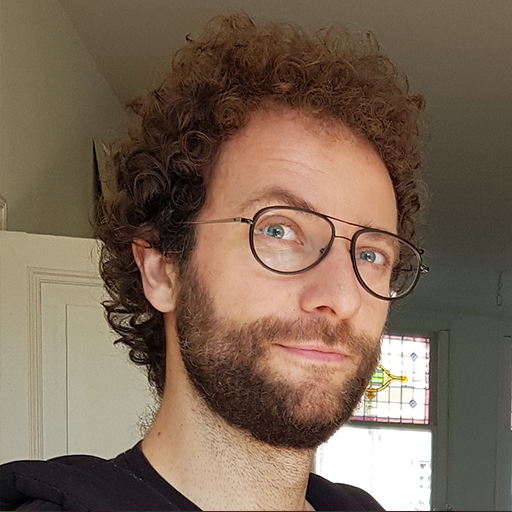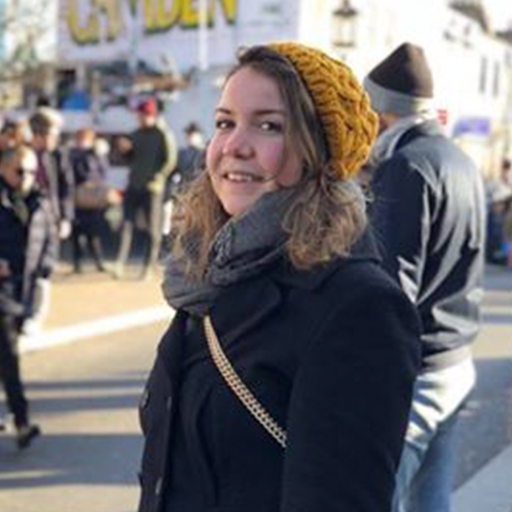Veni grant for four researchers of Applied Sciences
The Dutch Research Council (NWO) has awarded a Veni grant worth up to 250,000 euros to twelve highly promising young scientists from TU Delft, four of whom are from the Faculty of Applied Sciences. The grant provides the laureates with the opportunity to further elaborate their own ideas during a period of three years.
Tom Burdyny - Powering a revolution with carbon
New energy technologies that produce electricity, chemicals and fuels with low-carbon intensities are essential in the upcoming energy transition away from fossil-fuels. One such technology, electrochemical CO2 reduction (also known as CO2 electrolyzers), can fill this role by directly converting carbon-dioxide into base chemicals such as carbon-monoxide, ethylene and ethanol, building blocks for many common chemicals and fuels.
CO2 electrolyzers are still in the early stage of development, however, with almost all current work focused on finding catalysts which can reduce CO2 with excellent catalytic properties including selectivity, activity and stability. Comparatively little effort has gone into the CO2 electrolyzer reactor itself, which is essential to scale the technology to industrially-relevant sizes capable of impacting global CO2 emissions. Thus, even if ideal catalysts were discovered tomorrow, we lack the knowledge of how to implement them at a commercial scale. Tom Burdyny (Materials for Energy Conversion and Storage), who participates in the ambitious e-Refinery initiative, seeks to design and construct a 1 kW CO2 electrolyzer that is inherently stable and forms the foundation for further scaling.
Michele Laureni - Microbial climate change fighters
Solutions to reduce greenhouse gases emissions are urgently needed. Nitrous oxide (N2O) has a global warming potential that is almost 300 times higher than CO2, and the majority of N2O results from the activity of microorganisms in engineered and managed ecosystems.
While several biological processes lead to N2O production, denitrification is the only known microbial pathway capable of reducing N2O to innocuous N2. In his project, Michele Laureni (Environmental Biotechnology) aims to harness this metabolic potential to counteract N2O emissions during wastewater treatment. Michele will use a unique combination of mixed-culture enrichments, mathematical modelling, and microbiological techniques to advance our fundamental knowledge of denitrification. Ultimately, the results will also contribute to our understanding of the impacts of a changing climate on global bio-geochemical nutrients cycles.
Paola De Magistris - The great escape
In cells, genetic information is transcribed from DNA to mRNA molecules. These molecules then exit the cell nucleus to produce proteins, the workhorses of the cell that take part in every structure and activity of life. Before mRNA can exit the cell nucleus, however, it needs to be modified in such a way that it can travel through highly selective channels within the nuclear membrane called ‘nuclear pore complexes’.
The process by which RNA molecules are modified within the nucleus is highly complex and still poorly understood. We do know, however, that proteins bind to mRNA to form a complex called mRNP, which has the ability to pass through the nuclear membrane unhindered. Paola De Magistris (Cees Dekker Lab) will set up the first minimal system of mRNA export through biomimetic nuclear pore complexes (NPCs). These artificial nanopores are ideally suited to help resolve crucial questions about the nuclear export of mRNP (the modified RNA molecules). In addition, fundamental knowledge about nuclear export can potentially open up new paths to study transport-related diseases.
Zoë Robaey - Responsible biotechnology
Biotechnology is changing how we engineer life to our benefit, which leads to empirical and ethical questions. Gene editing using CRISPR-Cas9, for instance, is a technology that will change our lives in the near future. However, it comes with uncertainties concerning issues of safety and security, sharing benefits, and naturalness. Cultivating virtues for innovation in practice (VIPs) can help us make responsible choices.
Zoë Robaey (Biotechnology and Society) will take up the task of formulating a framework for dealing with issues of biotechnology and responsibility. She will study biotechnology practices during innovation and usage through a philosophical lens. Combining empirical ethnographic research methods with conceptual analyses in the ethics of technology, she will uncover existing ways of dealing with problems or uncertainties, develop a conceptual framework based on virtue ethics, and yield practical recommendations for policy, research, industry, and education.



